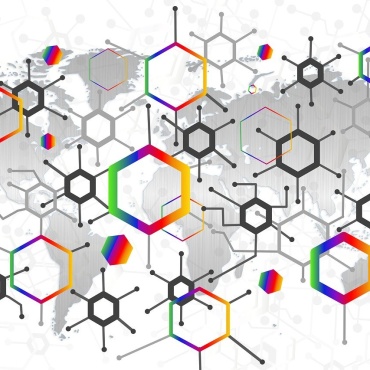European Parliament takes a stand on the rights of LGBTI women with disabilities
In a resolution on the situation of women with disabilities of 29 November 2018, the European Parliament took a stand on the rights of LGBTI women with disabilities.
The text reiterates that while « all persons with disabilities should be able to fully enjoy their rights », women and girls with disabilities « suffer from double discrimination due to the intersection of gender and disability, and may often even be exposed to multiple discrimination arising from the intersection of gender and disability with sexual orientation, gender identity, gender expression, sex characteristics, country of origin, class, migration status, age, religion or ethnicity » (para. 4).
Rosa Estaras Ferragut, rapporteur for the resolution and member of the LGBTI Intergroup, commented : « Women and girls with disabilities already face multiple discrimination based on gender and disability. But when other situations or identities are added, such as sexual orientation, gender identity, gender expression and sex characteristics, they are even more at risk of exclusion, discrimination and violence. Policies can only succesfully address discrimination and promote human rights for all if they take an intersectional perspective. »
The resolution also highlights the specific difficulties trans women with disabilities may face with regards to access to legal gender recognition (para. 20) and trans-specific healthcare (para 11 & 37).
« While we see more and more countries adopt legal gender recognition procedures based on self-determination, few make sure these procedures are accessible to people with disabilities. », said Terry Reintke, shadow rapporteur of the resolution and co-chair of the LGBTI Intergroup. « It is very positive to see the European Parliament acknowledge this : the depathologisation of trans people is a matter of human rights, which must be accessible to all regardless of their (dis)abilities »
Read more :
- TGEU’s report: “Oppression squared: D/deaf and disabled trans experiences in Europe”







